Diploma in Mechanical Engineering offers a diverse future with roles in manufacturing, design, and maintenance. Immediate entry into the workforce, potential for specialization, and high demand make it a promising and rewarding career choice.
Future Scope & Benefits for Diploma in Mechanical Engineering
The future scope for a Diploma in Mechanical Engineering is promising, offering immediate entry into a wide range of industries. Graduates benefit from practical skills in design, manufacturing, and maintenance, ensuring versatility in the workforce. The program's shorter duration facilitates a quicker transition into employment. With opportunities for specialization and continuous technological advancements, diploma holders are well-positioned for long-term success in the dynamic field of mechanical engineering. The benefits include a direct pathway to fulfilling careers, adaptability to evolving industry demands, and the potential for further education, making it a valuable qualification for those aspiring to make a significant impact in the engineering sector.
Future Scope of Diploma in Mechanical Engineering:
The future scope of a Diploma in Mechanical Engineering is promising, offering diverse opportunities in industries such as manufacturing, automotive, and robotics. Graduates can excel in roles ranging from design and maintenance to quality control and project management. The hands-on skills acquired during the program make individuals valuable contributors to technological advancements.
-
Diverse Career Opportunities: Graduates with a diploma in mechanical engineering have a wide range of career opportunities. They can work in industries such as manufacturing, automotive, aerospace, energy, and more.
-
Product Design and Development: Mechanical engineers play a crucial role in product design and development. The skills acquired in a diploma program enable graduates to contribute to the creation of new products and technologies.
-
Automation and Robotics: With the increasing emphasis on automation and robotics in various industries, there is a growing demand for mechanical engineers skilled in designing, implementing, and maintaining automated systems.
-
Energy and Sustainability: Mechanical engineers contribute to the development of energy-efficient systems and sustainable technologies. As the world focuses on environmental sustainability, there are opportunities in areas such as renewable energy and green technologies.
-
Aerospace and Defense: The aerospace and defense industries require mechanical engineers for the design and maintenance of aircraft, spacecraft, and defense systems. This sector offers exciting opportunities for those interested in cutting-edge technology.
-
Research and Development: Mechanical engineers can pursue careers in research and development, working on innovative projects and contributing to advancements in technology. This involves solving complex problems and pushing the boundaries of knowledge.
Benefits of Diploma in Mechanical Engineering:
The Diploma in Mechanical Engineering provides numerous benefits, offering a practical and comprehensive understanding of mechanical principles. Graduates gain hands-on skills in manufacturing, design, and maintenance, making them immediately employable. The program's shorter duration facilitates a quicker entry into the workforce. Moreover, it serves as a stepping stone for further education or specialization, opening doors to diverse career paths in industries such as automotive, aerospace, and energy.
-
Practical Skills: Diploma programs in mechanical engineering often emphasize hands-on training, allowing students to develop practical skills that are directly applicable in the workplace.
-
Quick Entry to the Workforce: Diplomas are typically shorter in duration than degree programs, enabling graduates to enter the workforce more quickly. This is advantageous for those who want to start their careers sooner.
-
Cost-Effective Education: Diplomas are generally more cost-effective than degree programs. This makes them an attractive option for students who want to gain practical skills without the longer duration and higher costs associated with a full-fledged degree.
-
Industry-Relevant Curriculum: Diploma programs are designed to provide students with skills and knowledge that are directly relevant to the needs of the industry. This ensures that graduates are well-prepared for the challenges of the workforce.
-
Versatility in Employment: Mechanical engineering is a versatile field, and graduates with a diploma can find employment in various industries, including manufacturing, automotive, energy, and more.
-
Foundation for Further Education: For those who aspire to pursue higher education in the future, a diploma can serve as a solid foundation. Graduates can choose to upgrade their qualifications by pursuing a degree or other advanced certifications.
 3 Years
3 Years
 Diploma
Diploma
 Engineering
Engineering

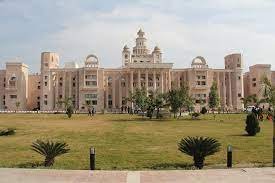
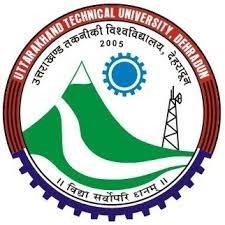


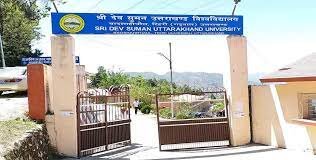
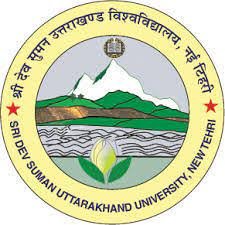
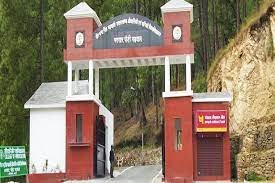

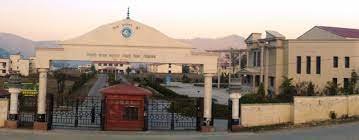

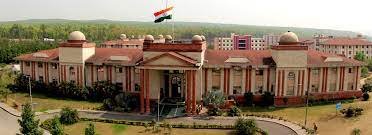
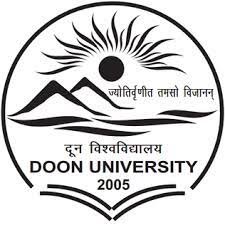

 back
back

